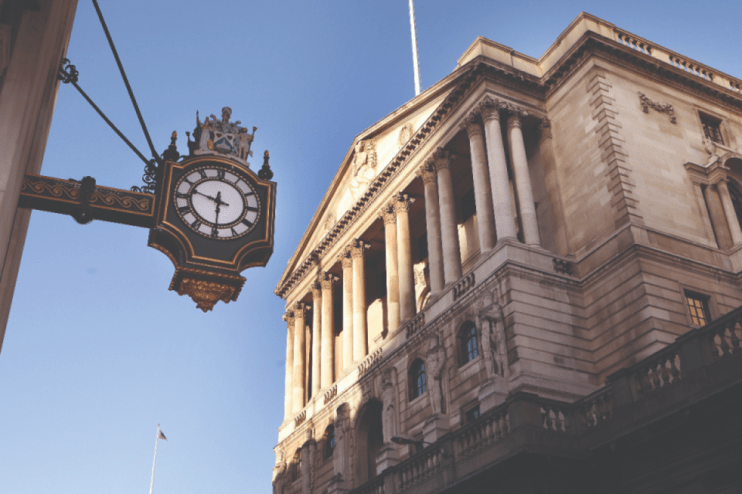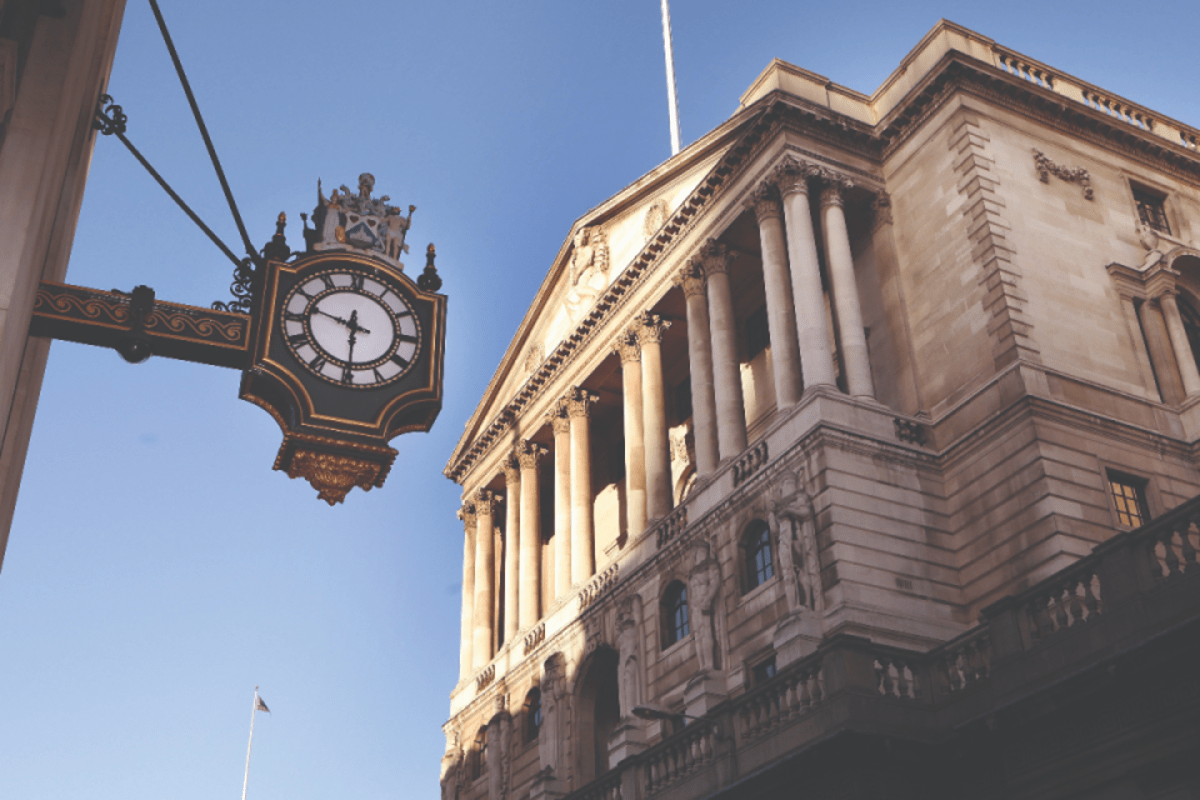Monday 20 October 2025 10:23 am
| Updated:
Monday 20 October 2025 12:50 pm
Share
Facebook Share on Facebook
X Share on Twitter
LinkedIn Share on LinkedIn
WhatsApp Share on WhatsApp
Email Share on Email
 Inflation is set to be double the Bank of England’s target.
Inflation is set to be double the Bank of England’s target.
The UK’s isolated struggles with price growth are set to hit a new milestone on Wednesday as consumer price index (CPI) inflation will surge to double the Bank of England’s target rate.
In more troubling news for the Treasury and the Bank’s interest rate-setters, inflation is forecast to hit four per cent in the year to September, double the two per cent target.
A Bloomberg poll of economists also forecast core CPI inflation, which excludes high food and energy prices, to inch up to 3.7 per cent from 3.6 per cent the previous month.
The Bank of England’s central forecast also said in August it expected CPI inflation to hit four per cent.
New data on Wednesday will highlight the UK’s own problems in curbing inflation, with both the IMF and OECD spelling out how it would have higher price growth levels than the rest of the G7 over the last few weeks.
The OECD’s set of forecasts in September were particularly damning given it also said inflation in the UK would be above G20 average this year, which includes countries that have struggled with spiralling prices such as Argentina and Turkey.
JP Morgan economist Allan Monks said services inflation was expected to accelerate in September given transport prices have remained high along with petrol prices.
A decline at the same time last year is likely to put “upward pressure” on headline inflation.
Read more
Bank of England’s Mann: Higher interest rates will lower inflation fears
“There may be some downside risk if communications prices and rents come in softer, more in line with their recent monthly run rate,” Monks added.
Reeves’ battle to curb inflation
Analysts at Goldman Sachs warned that energy inflation would be higher in the last quarter, which is likely to keep Chancellor Rachel Reeves on edge ahead of the Budget.
They also warned that energy costs will remain jumpy in the coming months given market volatility and high network charges.
“Energy inflation is likely to turn negative in the first quarter of 2026 but then rise back into positive territory in the second half of the year,” the economist James Moberly said.
“Although recent declines in oil prices have pushed down on our forecast, and we continue to expect a fuel duty freeze in April, we now expect a larger increase in the Ofgem price cap in the second quarter of 2026 on the back of increased policy costs and network charges.”
In a number of Cabinet meetings, Reeves has urged colleagues to focus on delivering policies that lower the cost of living.
Reeves hopes that lowering inflation will prompt bond markets to buy up more short-term gilts, lowering yields and thereby preventing a further jump in borrowing costs.
Rumours are also swirling that the Chancellor could strip VAT from household energy bills at the Budget, which could cost the Treasury billions in reduced tax receipts yet win over both voters and the bond markets.
Read more
Bank of England’s Breeden says inflation ‘hump’ is transitory
Similarly tagged content:
Sections
Categories
People & Organisations

